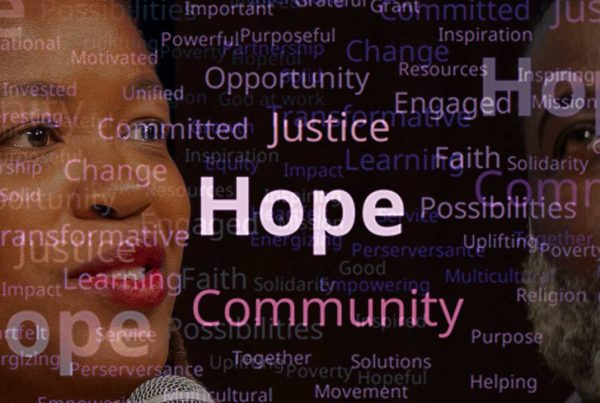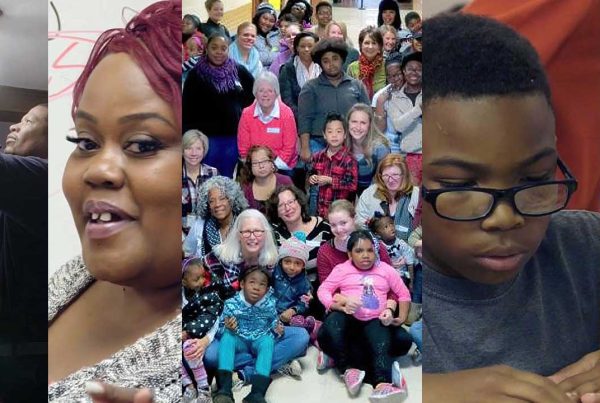In her book, Reclaiming Your Community: You Don’t Have to Move out of Your Neighborhood to Live in a Better One, Majora Carter notes that we far too often measure people’s success by how far they get from their community of origin. But it’s not just people who suffer as a result of this metric, she suggests. Communities suffer as well, stung by this false narrative that encourages ambitious people to leave their hometowns.
Such a scenario begs the question: what happens to those hometowns? Exactly what happens to many American neighborhoods: decline and, perhaps ultimately, gentrification. The challenge, as Carter puts it, is this: “Can we reclaim our communities from the notion that they will be either ghettos or displacement stories?”
One key to combating this situation, Carter says, is creating places where people can stay in their neighborhoods and feel successful – or, to put it differently, to create places that end the talent drain from marginalized communities. Noting that corporations work to fight off “brain drain” to ensure their long-term survival, she suggests communities should do the same. Reclaiming Your Community offers perspectives on this challenge, as well as suggestions on fighting the good fight.
Cater speaks from experience: A real estate developer and urban revitalization strategy consultant, the MacArthur Fellow and Peabody Award-winning broadcaster has led initiatives focused on economic development in a number of marginalized communities, including her own hometown in the South Bronx. In 2017, she launched the Boogie Down Grind, a Hip-Hop themed specialty coffee and craft beer spot, the first commercial “3rd Space” in the Hunts Point section of the South Bronx since the mid-1980s, and she has helped nurture a number of empowering enterprises in the neighborhood she still calls home.






